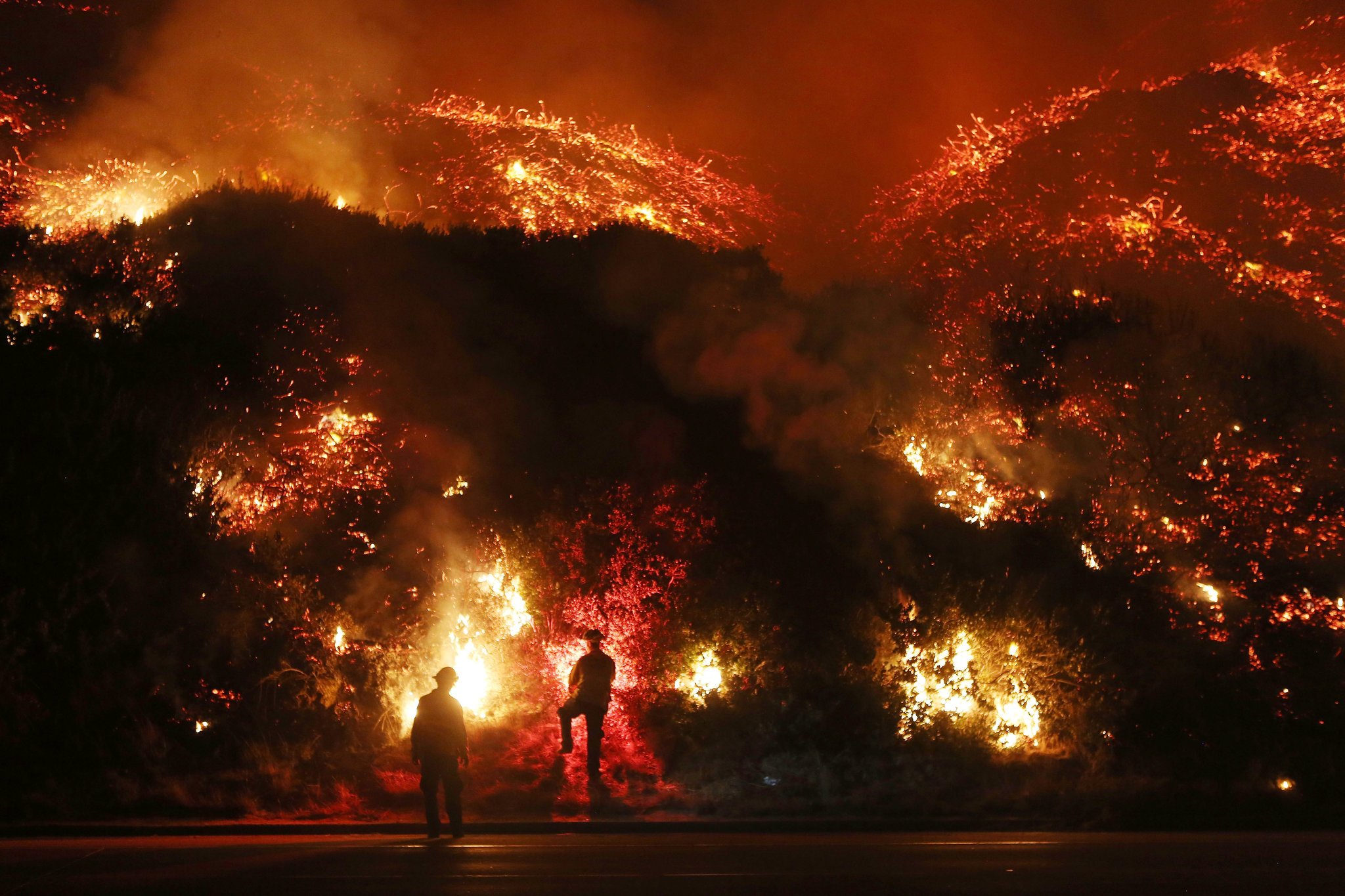By David Jacobson, Temblor

The most expensive fire season on record
Last year was the most expensive fire season in United States history. Just in California, from January 1 to December 31, over 9,000 fires burned more than 1.2 million acres. Additionally, over the course of the fiscal year (Oct. 2016 – Sept. 2017), the United States Forest Service spent $2.4 billion on fire suppression. That number is $800 million more than Congress allocated. These numbers also pale in comparison to the total cost of wildfires, where in California estimates approach $200 billion. Because of the havoc fires have wreaked across the nation, members of Congress have been trying, without success, to incorporate legislation aimed at reducing the threat of large wildfires.

Roadblocks to a resolution
While last week it appeared as if sides were close, according to an article written yesterday for Oregon Public Broadcasting, “last-minute roadblocks kept a tentative deal from being included in the budget bill Congress passed last week to keep the federal government open.” This comes despite the fact that both parties agreed that the U.S. Forest Service needs relief from the ever-increasing costs of fighting fires. Furthermore, Senator Maria Cantwell from Washington said that a bipartisan group agreed that there is a need to “treat the most-at-risk parts of the national forests before they burn up, and do so in a way that is supported by science.” To watch a short informational video about the concern of wildfires, click here.
This second part of what was initially agreed upon is vital for preventing catastrophic wildfires as it often involves cutting down dead trees. In California alone, there are over 100 million dead trees, which in fires, behave like matchsticks. Because now over 50% of the Forest Service’s budget is spent on fighting fires, much less goes into fire prevention, leading Democrats like Senator Ron Wyden from Oregon to call for the cost of fighting fires to be transferred to the nation’s disaster budget. This is currently not done because most wildfires are not considered natural disasters by the federal government. Senator Wyden said that “shoddy budgeting today leads to bigger fires tomorrow, and that needs to stop.” Additionally, he pointed out that, “the idea of ripping off prevention, which you need most, just defies common sense.”

Nonetheless, what appears to be at the heart of the issue is how federal lands that are prone to fires should be managed. While Republicans want to ease environmental rules, allowing for larger commercial timber harvests on federal land, Democrats do not want to roll back such protections. Because of this, the bill remains blocked leading Senator Wyden to say that House Speaker Paul Ryan “slapped Oregonians and Westerners in the face by blocking us from pursuing a fire fix that will prevent deadly wildfires.” Senator Wyden’s Press Secretary could not be reached for comment.
Wildfires will continue
While Congress will continue to attempt to come to an accord on this issue in the coming weeks, the goal of mitigating the effects of wildfires remains an important topic. Today, fire seasons are longer, they are more intense, and more people live close to forests susceptible to wildfire. Therefore, understanding and combating the risks associated with wildfires is vital to preventing such future disasters.
References
Oregon Public Broadcasting (OPB)
Accuweather
United States Forest Service
Christopher S Potter, Landsat Image Analysis of Tree Mortality in the Southern Sierra Nevada
Region of California during the 2013-2015 Drought, Journal of Earth Science & Climatic Change, 2016, 7:3, http://dx.doi.org/10.4172/2157-7617.1000342
NASA
Bagikan Berita Ini














0 Response to "Legislation to reduce threat of wildfires blocked in Senate"
Post a Comment